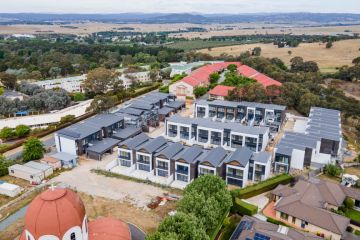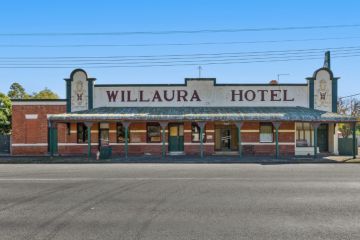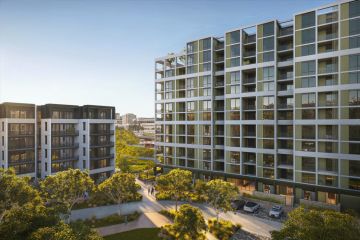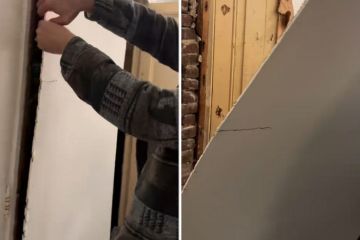Seasonal safety: Hidden hazards around the home
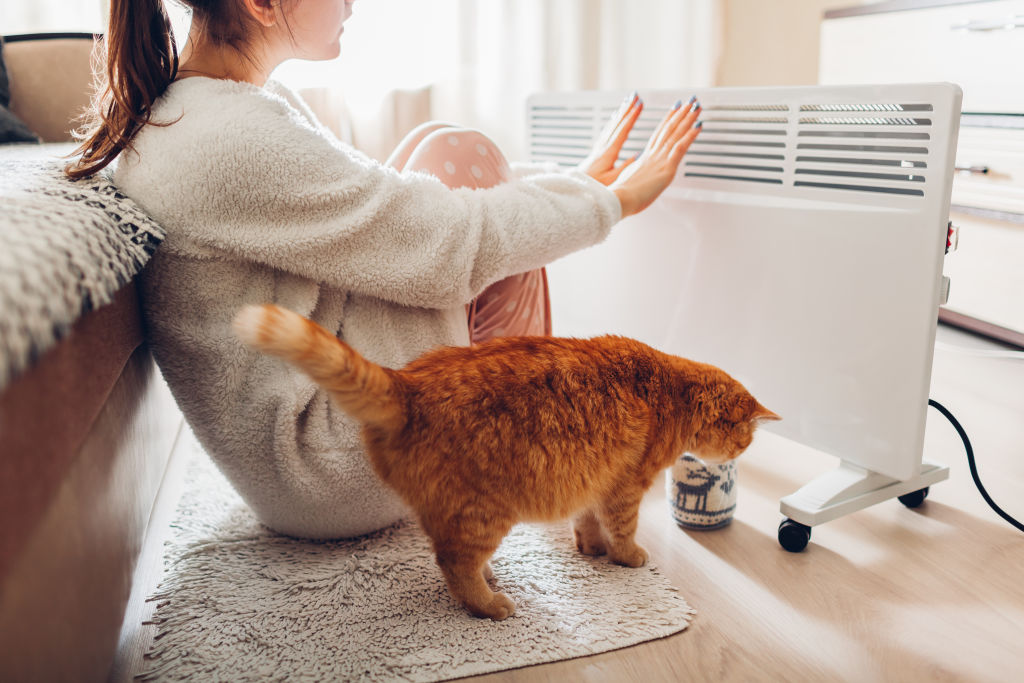
COVID-19 has forced our winter hibernation to start earlier, with heating and home improvements on the mind of many Canberrans.
But, with the increase in electricity and gas use over the colder months, come the hazards associated with it. ACT Fire & Rescue attend an average of 250 house fires each year, with heaters a common cause. Home renovations also come with their own set of hidden dangers, especially if an unlicensed person tackles a job that’s out of their reach.
DIY dangers
Now may be the perfect time to spruce up the garden or give the living room a fresh coat of paint, but there are some jobs you shouldn’t attempt yourself. For safety, any electrical, plumbing or gas work needs to be done by a professional.
“A lot of products aren’t guaranteed unless they are installed by a licensed tradesman,” says Stephen Kennedy from Kennedy Plumbing and Gas in Kambah. “DIY is fine, but a licensed trade should be used for anything structural, and never touch electrical, gas or plumbing.”
Before attempting any excavation work, check for pipes or underground cables by contacting Dial Before You Dig on 1100.
“Any sort of demolition work and stripping out, as long as it’s not structural, people can do themselves. But obviously wear correct safety gear. You do have to have knowledge in what you’re doing as well,” says Kennedy.
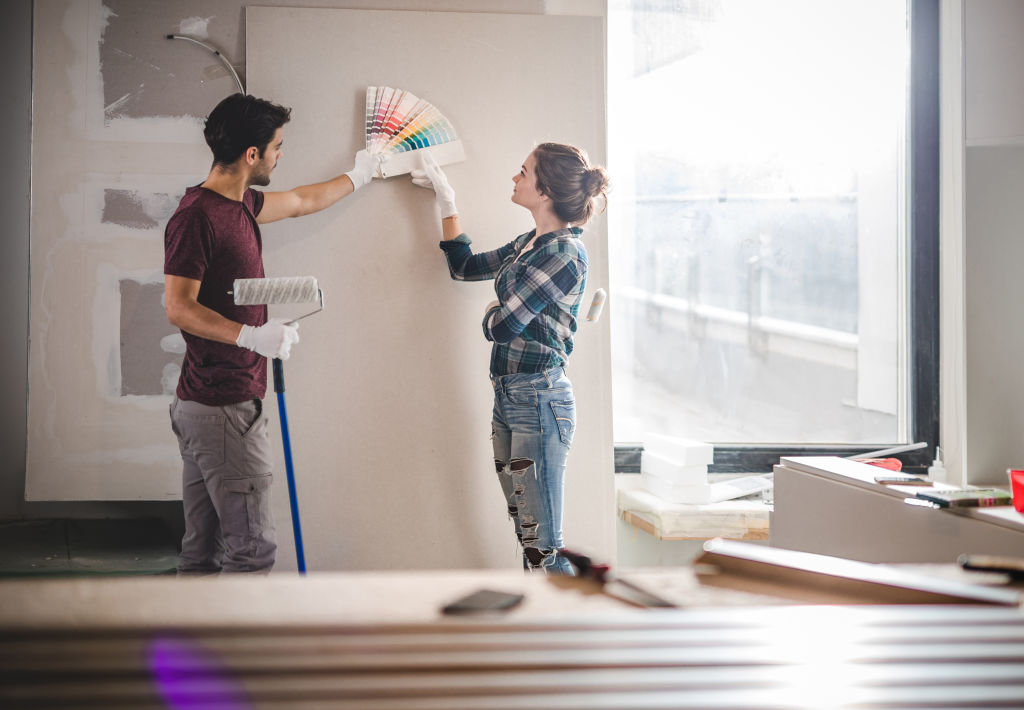
If you suspect a gas leak inside, call a licensed gas fitter. Any gas leaks outside the home need to be reported urgently to Evoenergy on 13 19 09.
“If it’s safe to do so, turn off the gas supply first,” says Evoenergy safety manager Brendan Commons.
Heating issues
After such a long hot summer, it’s likely the plug-in heater has accumulated dust while sitting in storage, which can be a fire hazard when turned on.
“Also, plugging in too many heaters overloads the circuit,” says Rocky Bombardiere from Vero Electrical Services in Canberra. “The little fan heaters draw a lot of electricity. People say their power keeps tripping and they have one of those in every bedroom.”
Gas heaters not only accumulate dust, but the flue can also become home to spiders and even bird nests.
“We recommend servicing your gas heater once a year so it’s performing up to the standard it’s meant to be. We clean and check the filters and make sure nothing is burning inside the unit. We also test for carbon monoxide build up,” says Kennedy.
Outdoor safety
Most older Canberra neighbourhoods have overhead low-voltage powerlines and poles in the backyard, including Kaleen, Giralang and Evatt in Belconnen and Lyneham, O’Connor and Ainslie in the inner north.
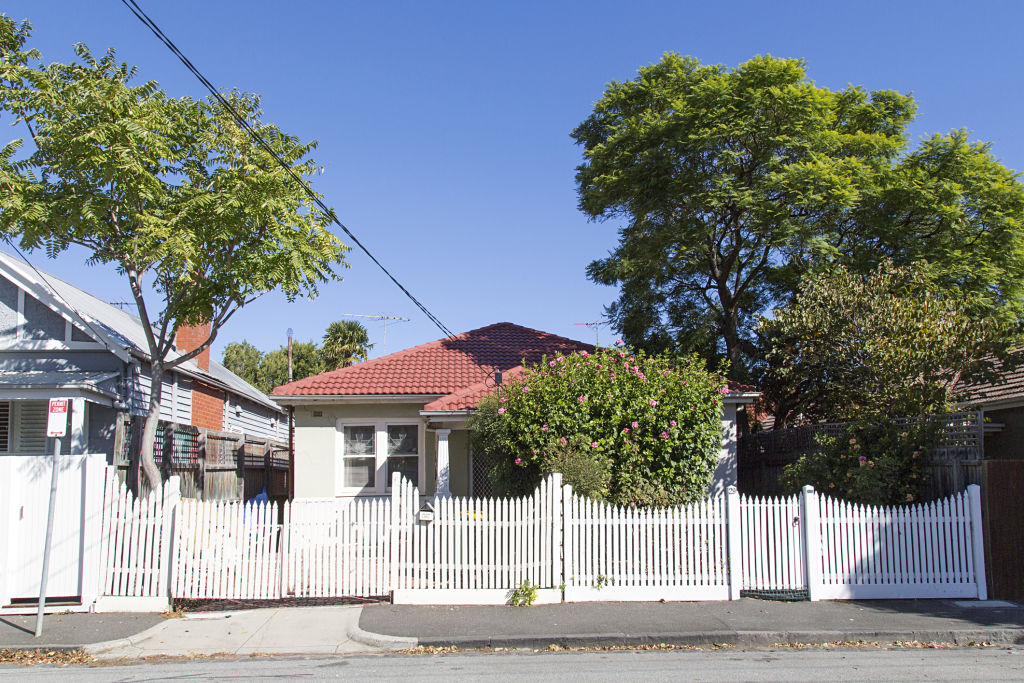
“I know of one home extension where one of the workers on the ground was passing up a steel roof batten and hit the powerline. Luckily, he just got a nasty shock,” says Commons.
“Before you plan to build anything, from an extension, to a pergola, check what infrastructure is on and around your block by calling 1100.”
If you have a solar system on your roof, regular cleaning and maintenance of the panels will keep them working in top form. To ensure the safety of people working on or near the network, your system, including the PV inverter, needs to be tested every five years.
In the garden, keep trees a minimum of 1.5 metres from powerlines, with 2.5 metres being ideal. An accredited tree surgeon can cut them back safely if needed.
“If vegetation grows into the powerlines, it can cause power outages or fires, and trees can fall on powerlines increasing the risk of electrocution,” says Commons.
This article has been created in partnership with Evoenergy.
We recommend
States
Capital Cities
Capital Cities - Rentals
Popular Areas
Allhomes
More
- © 2025, CoStar Group Inc.
